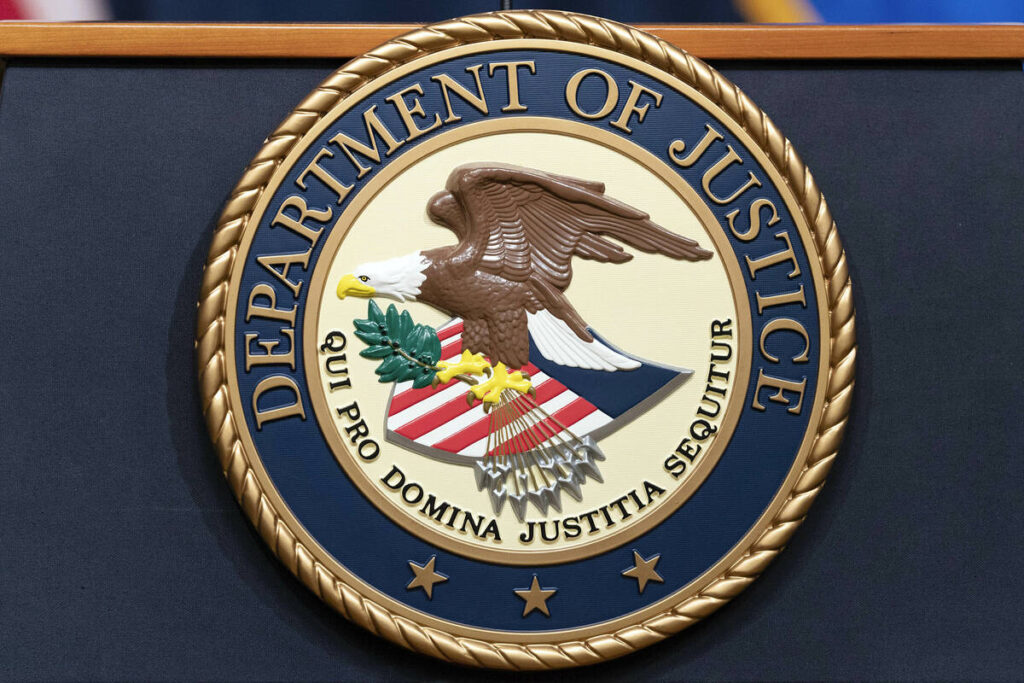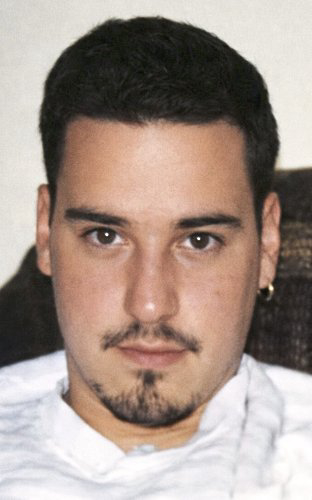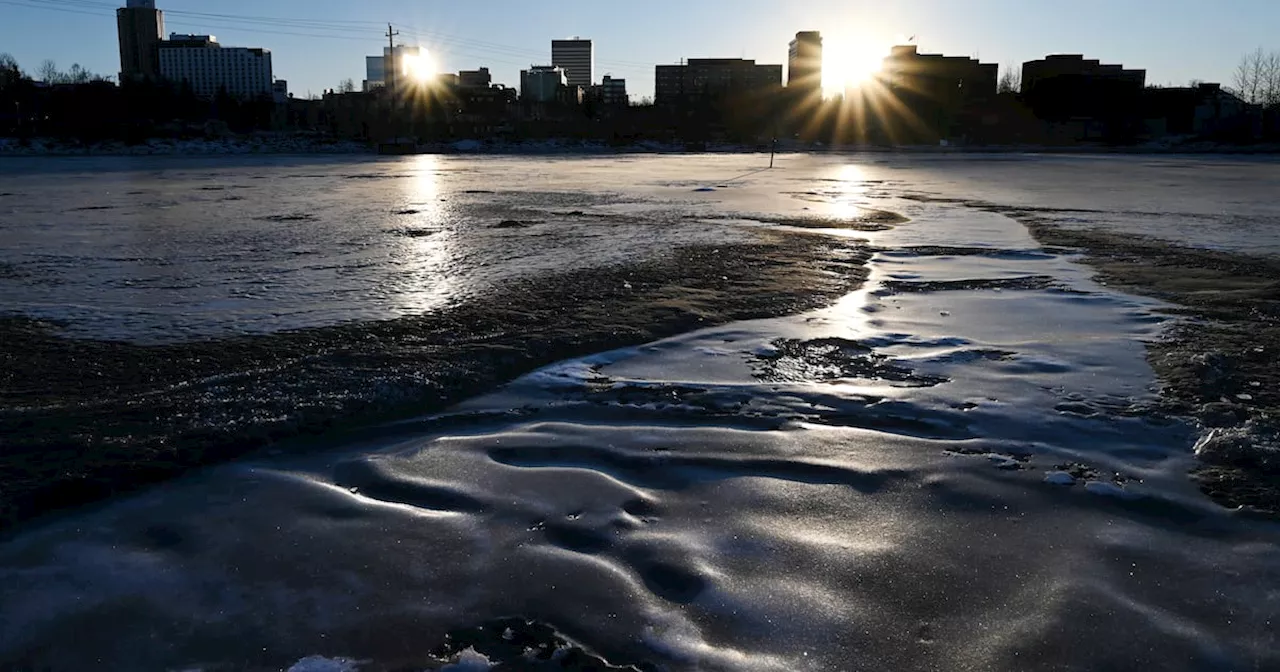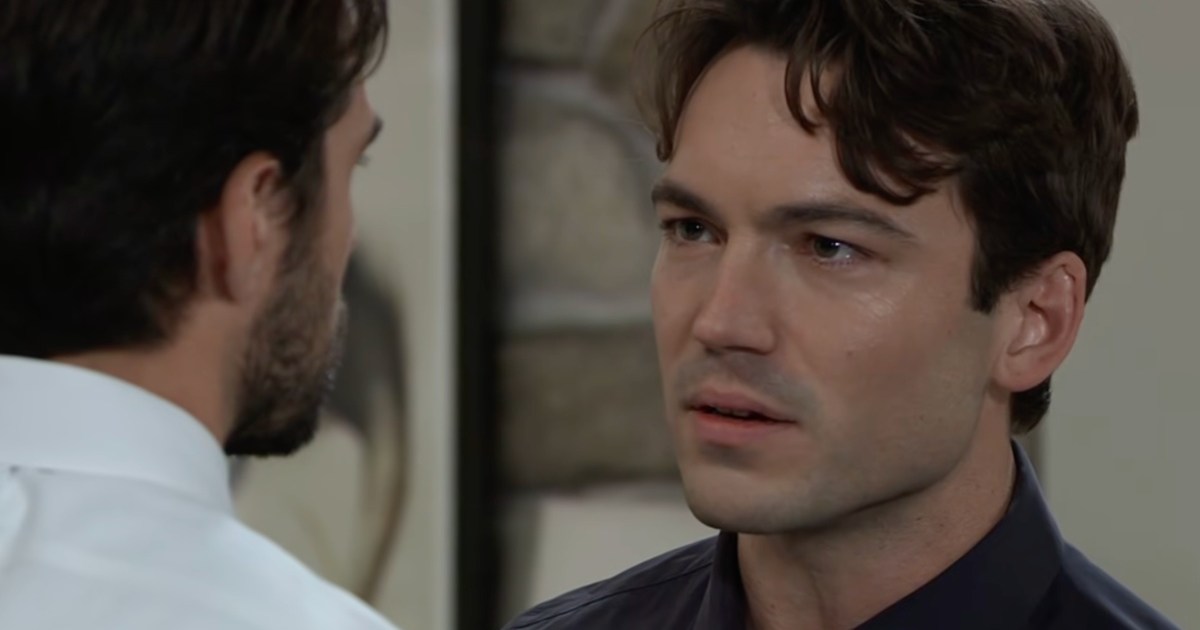
The ongoing discussion surrounding President Donald Trump’s anti-crime initiative in Washington, D.C., has taken an intriguing turn. Initially met with skepticism and outright dismissal from many Democrats and local media, the narrative is shifting as crime statistics and community sentiments come to light. Critics who once claimed that crime rates were at a historic low are now confronted with rising law enforcement actions and increased arrests, leading to a broader acknowledgment of the challenges facing the district.
The controversy began when Trump labeled crime in D.C. as “out of control.” Many Democrats quickly countered, citing claims that crime was falling, possibly reaching its lowest levels in three decades. However, reports from local residents are painting a different picture. Ebony Payne, a neighborhood commissioner in northeast Washington, recently shared her concerns about escalating crime incidents, including assaults and break-ins, which she monitors through community messages. In her view, local efforts to address crime have fallen short, and upon hearing of Trump’s initiative, she noted that “some residents’ first reaction was relief.”
Payne expressed her disappointment over the lack of increased police presence in her area, stating, “We all wanted something to be done. It’s just really unfortunate that we are in this situation where there’s a sledgehammer on our city because we couldn’t get a handle on our crime problem.” This sentiment reflects a growing frustration among D.C. residents regarding safety and security.
Columnist Maureen Dowd, who has deep ties to the city, also weighed in on the issue. In a recent piece, she highlighted the outrage from city officials about Trump’s portrayal of D.C. as a “hellscape.” Yet, she candidly noted that many residents feel reassured by an increased police presence, despite the official statistics suggesting otherwise. Dowd herself carries pepper spray, illustrating her personal unease when navigating the city.
The discussion also featured insights from former prosecutor Elie Honig, now a legal analyst at CNN. He acknowledged the complexities of Trump’s approach, stating, “Yes, Trump is hypocritical and scattershot on public safety. And yes, he’s likely doing this as a flex. But he happens to be within the law here and he happens to be right.” This sentiment underscores a growing recognition that, regardless of political positions, there is a legitimate concern regarding crime in the capital.
Further complicating the narrative, The Atlantic, a publication traditionally critical of Trump, recently published an article affirming that “D.C. has a serious crime problem.” The article argued that violent crime in the nation’s capital has persisted and will require deliberate intervention to address effectively. Such acknowledgments from unexpected sources suggest a shift in the dialogue about crime in Washington.
The D.C. Police Union, representing approximately 3,200 officers, has voiced strong support for Trump’s initiative. Union chief Greggory Pemberton stated, “We completely agree with the president that crime in the District of Columbia is out of control and something needs to be done with it.” On August 18, 2023, the union shared statistics claiming significant reductions in various crime categories under Trump’s initiative, including a 46 percent decrease in robbery and an 83 percent drop in carjackings.
Despite these claims, skepticism remains regarding the accuracy of crime statistics released by the Metropolitan Police Department. Allegations have surfaced regarding the downgrading of felony offenses to misdemeanors, potentially obscuring the true extent of crime trends. Such practices could undermine confidence in the reported figures and contribute to ongoing debates about the effectiveness of law enforcement in the district.
As the conversation evolves, it appears increasingly difficult for critics to maintain that crime is not a pressing issue in Washington. The acknowledgment of a serious crime problem, regardless of political alignment, marks a crucial development in understanding the complexities of public safety in the nation’s capital.






